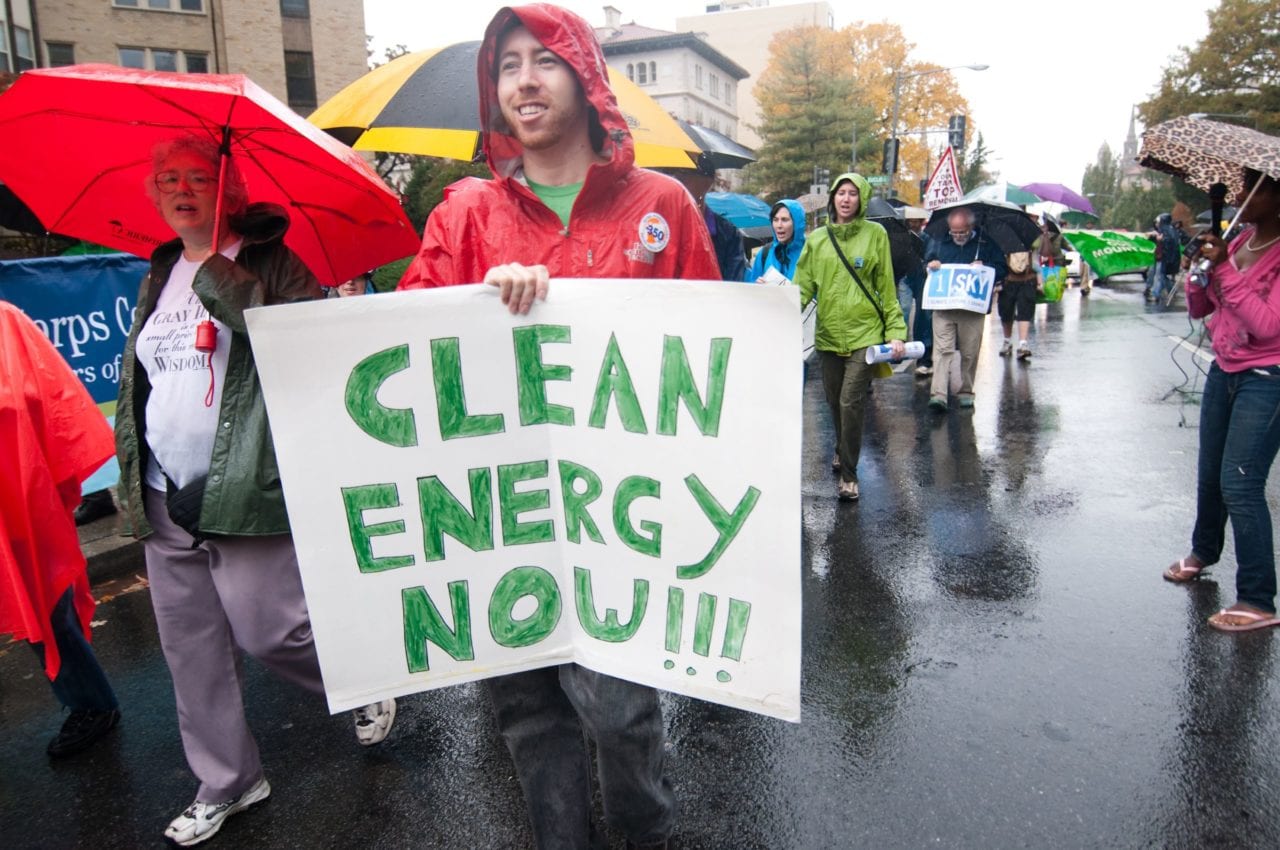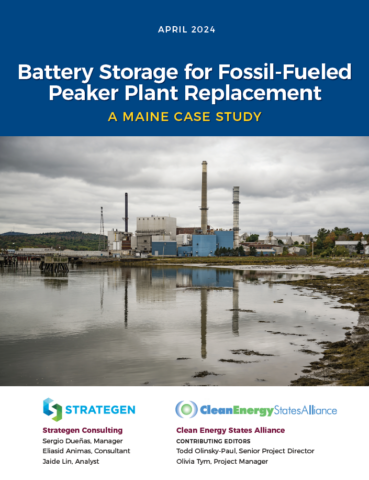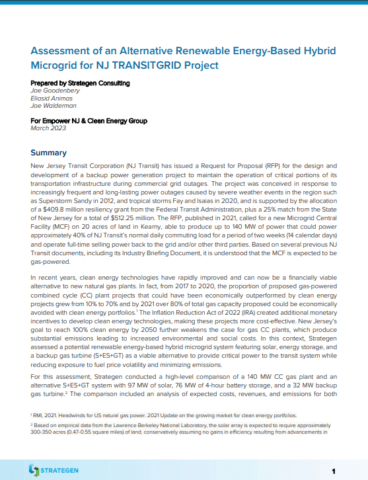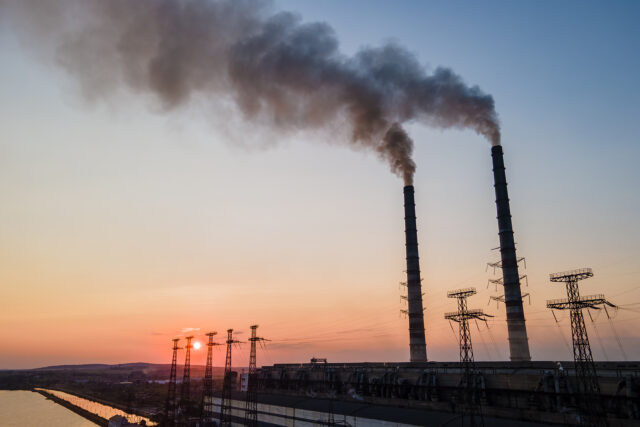Phase Out Peakers
Replacing peaker power plants with clean alternatives in environmental justice communities.
Replacing peaker power plants with clean energy solutions represents one of the most important environmental justice opportunities in the country.
Clean Energy Group’s Phase Out Peakers project works to accelerate the retirement of polluting, fossil-fuel peaker power plants and to advance the deployment of clean, cost-effective alternatives, such as energy storage, renewable generation, transmission, energy efficiency, and demand response. It is the first national effort to systematically demonstrate with analysis and technical assessments how communities can harness clean non-combustion alternatives to meet peak electricity demand and capture local health and wealth benefits.

Who We Serve
Peaker power plants are disproportionately sited in and near low-income communities and communities of color, impacting the health of tens of millions of households across the country. (See a map with data on peakers and impacted communities here.) Clean Energy Group collaborates with local community-based organizations, regional advocates, and environmental justice groups in support of their battles to close fossil-fuel peaker power plants and efforts to replace them with zero-emission, non-combustion alternatives. Through independent analysis, information sharing, and direct engagement, CEG informs advocates, policymakers, utilities, and power plant owners about the social and economic costs of peaker plants and the benefits of transitioning to clean alternatives.
Project Impact
Prevented the repowering of more than a gigawatt of peaker capacity in New York City as a member of the PEAK Coalition. Two of these peakers are pursuing redevelopment as offshore wind hubs and multiple other sites are actively developing battery storage installations.
Provided input to the New York Power Authority’s efforts to replace several peaker plants with battery storage as a result of a year-long collaborative study with the PEAK Coalition.
Worked with federal lawmakers to call on the Government Accountability Office (GAO) to study peaker power plant pollution, the costs and benefits of replacing peaker plants with non-combustion alternatives, and the location of peakers in relation to disadvantaged communities – a nationwide study that GAO has now begun.
Project Partners
Featured Publications
Blog
Meet Our Team
Photo Credits: Bigstock













